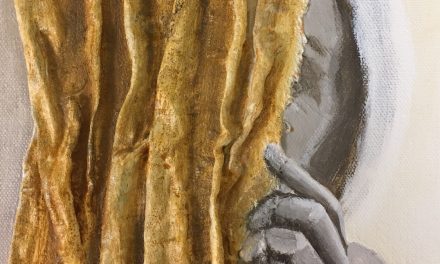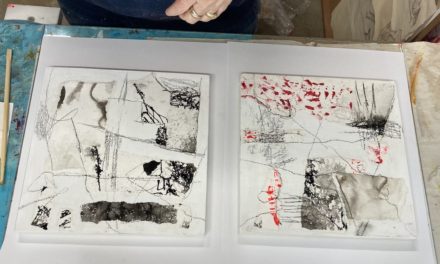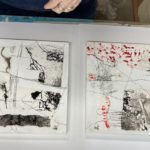It’s almost Lent and I’m so excited! I love this church season because it’s a time to focus on God’s provision. How could that possibly fit with fasting and giving up what I like to eat and do?
I did not grow up with fasting. In fact, I would probably not even have started the practice if I had never moved to Syria. I first saw the huge impact Ramadan had on the population and the bonding and dedication to fasting on the part of Muslims during the holy month of Ramadan.
It took a while for me to appreciate the Lenten fasting that went on in the Christian community coming up to Easter. Both the Orthodox and Catholic Christians would fast, but the rules of fasting for each varied a bit. My husband’s family was Orthodox, so I chose that and the rules were clear enough: eat no animal products and do not eat between midnight and noon. The great thing in Lebanon and Syria is that there is a whole Lenten cuisine and the food and recipes they have are really delicious. People don’t ask questions if you are fasting, they just get it.
But how does God’s provision relate to fasting and making sacrifices?
Thank you for asking. Lent is always a little scary because when I decide to fast it means more meal planning and accounting for family members who do not want to fast. When I first started fasting for Lent the term vegan did not exist, and there was no Trader Joe’s.
I was afraid I would fail to do what I promised and since it was God who I was trying to impress, well, that was the fear factor: I would mess up and then I would feel awful because I was weak at making sacrifices.
Thankfully, He is greater than our weaknesses.
The BIG DISCOVERY was that when the day came to start fasting, rather than wake up and think of all I couldn’t have, I realized all there was to eat that God had provided and I felt gratitude that I had a huge variety of food choices. I guess it could be called a paradigm shift.
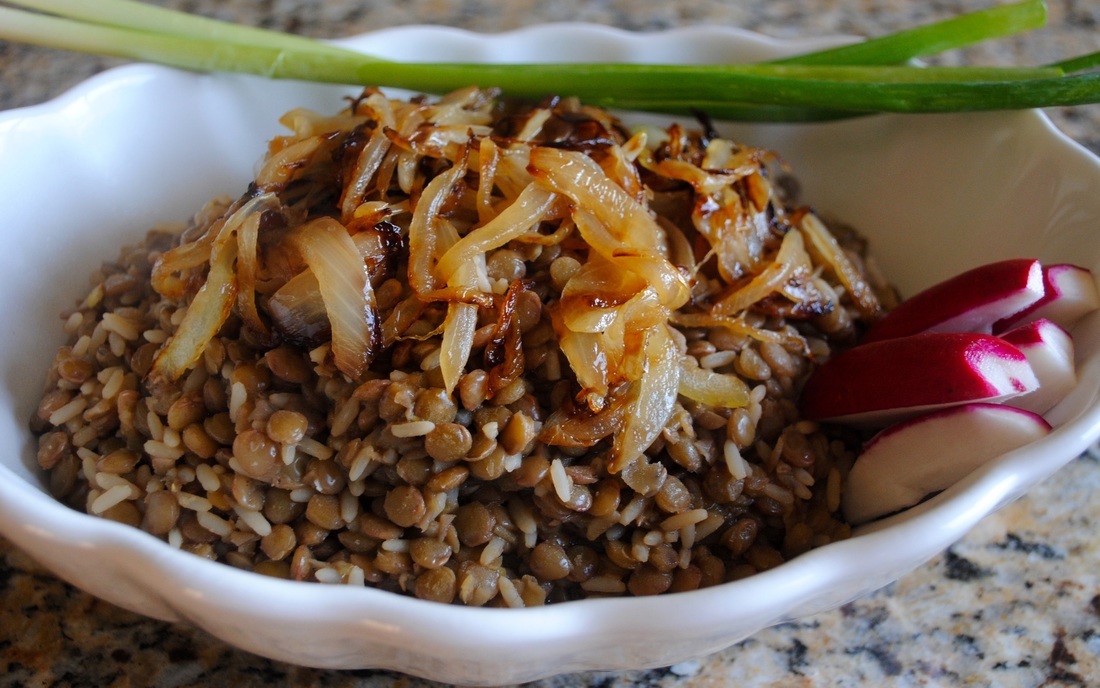
During the season of Lent, I also choose an activity to do along with extra Bible readings. For example, I would pick a book of the Bible I had been avoiding, like Leviticus, and also choose a book to read with a friend that had to do with a religious topic. That was great to have a partner and the pattern went like that for a few years.
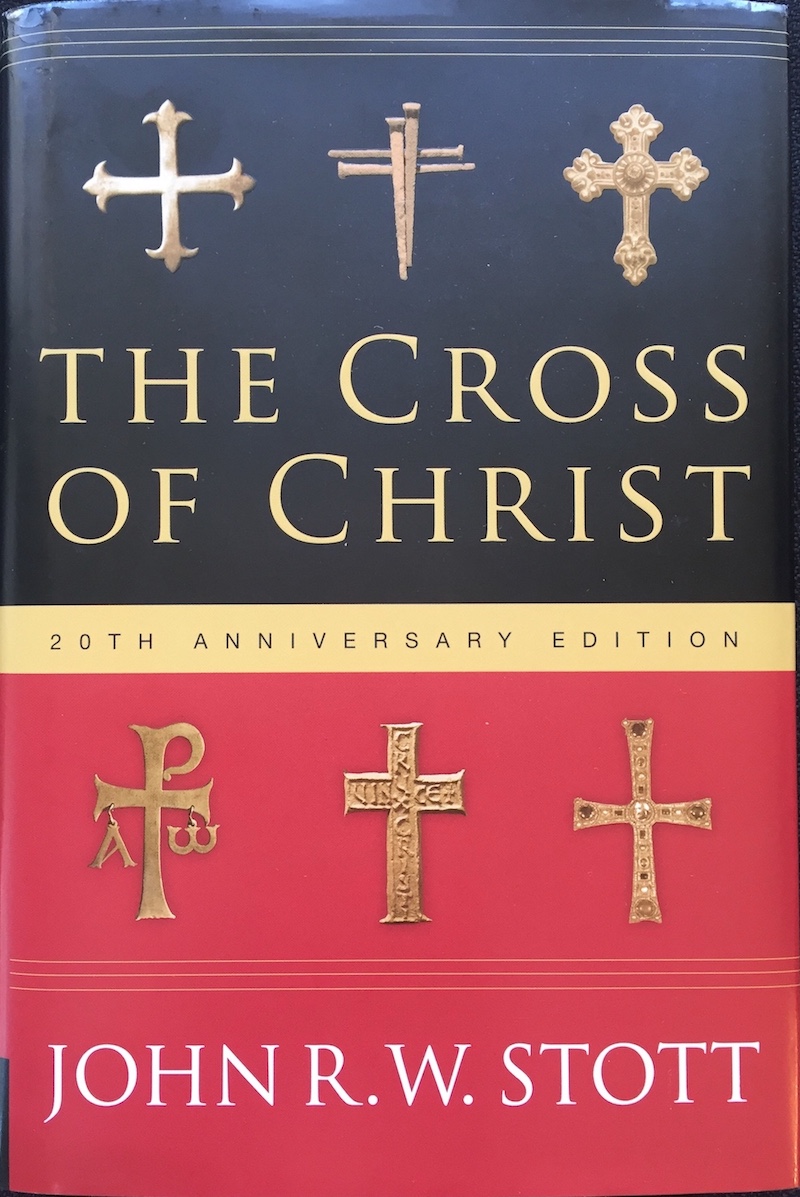
After getting into that pattern I started to think why should Lent be mostly about GIVING UP and how could I make it more an ADDING TO? So the idea came to me that I should add to the time of fasting with extra “doing something on purpose” that brings a little glory to God.
So began the Artful Lent Project.
My thinking went like this: I talked about wanting more time to do art, but I spent time watching TV. What if I sacrifice TV time and give that time to art-making? I could make art that is more about faith, and develop my skills in the process: a win-win. And it would be honoring to God.
The first year I decided to create a Lent Journal and invited some ladies to join me who I thought might like to have an Artsy Lent experience. I made a small book from a sheet of water color paper which had 11 spreads, some of which I made side by side and others full spreads. I decided to make it experimental with different art journaling techniques. The final book actually took me longer than the period of Lent because I hadn’t counted on the teaching and prep time. Still, it was totally engaging and a good experience. Since then I do an Artful Lent Project each year. These are some examples from the first Lent Journal– the front and back cover plus a few inside pages.
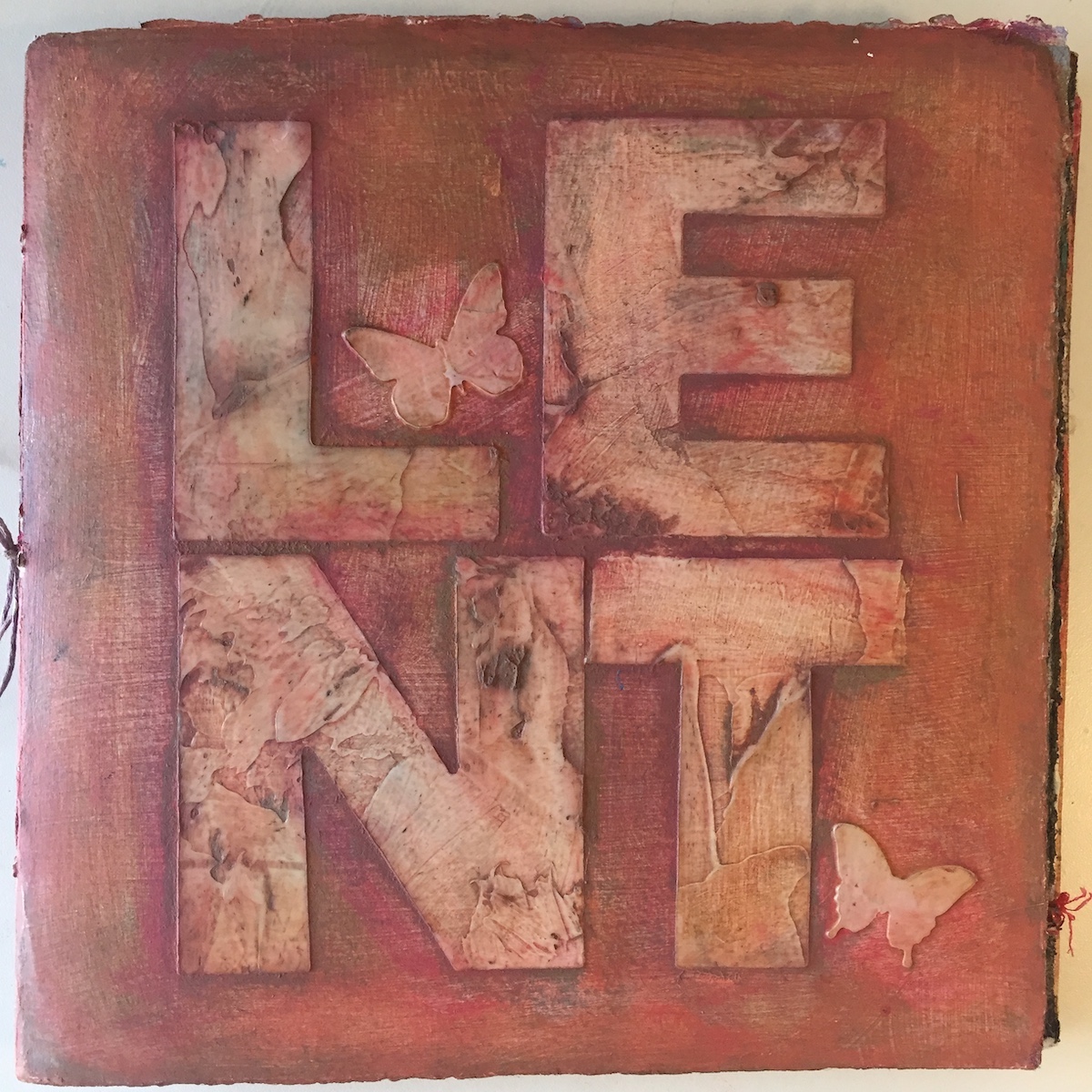

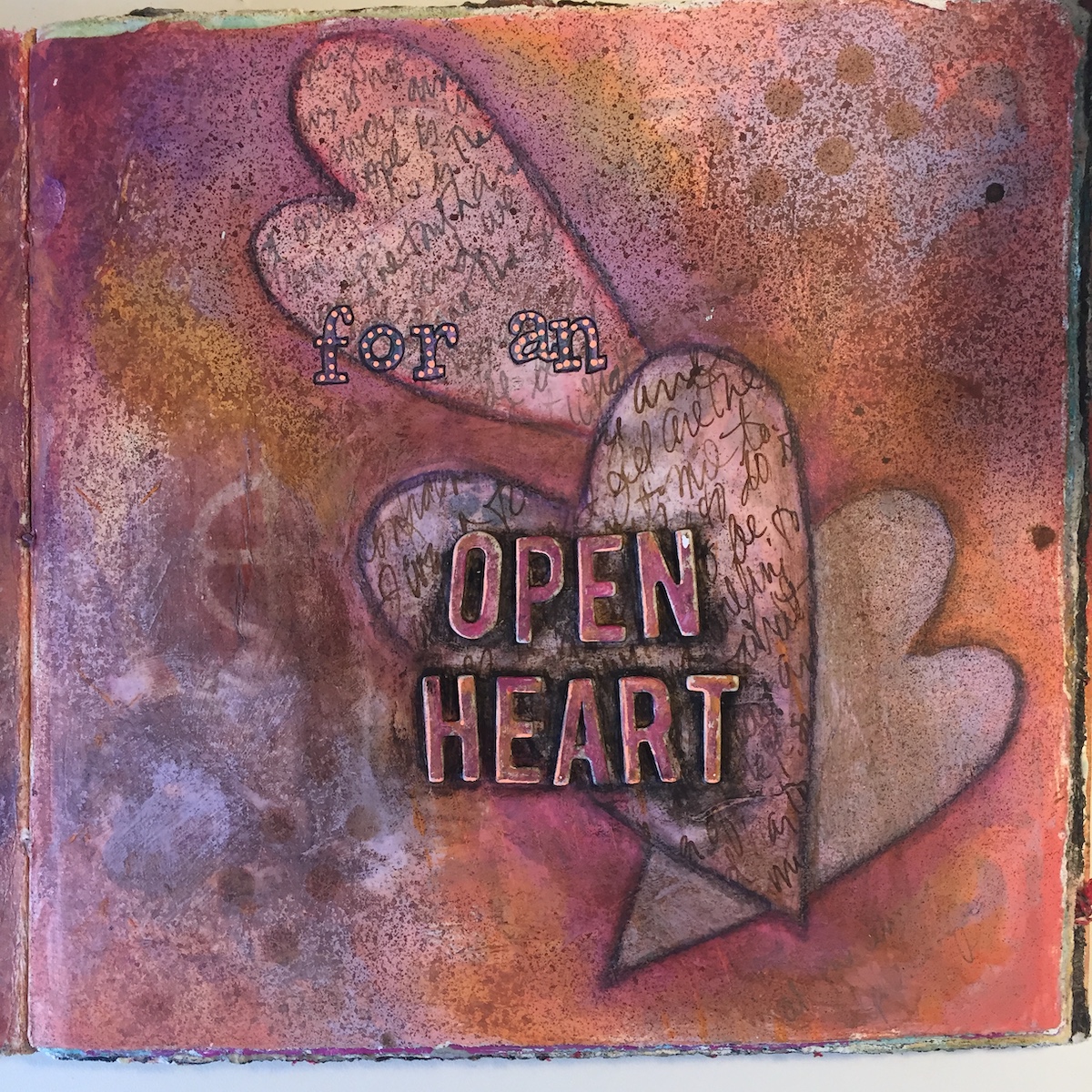
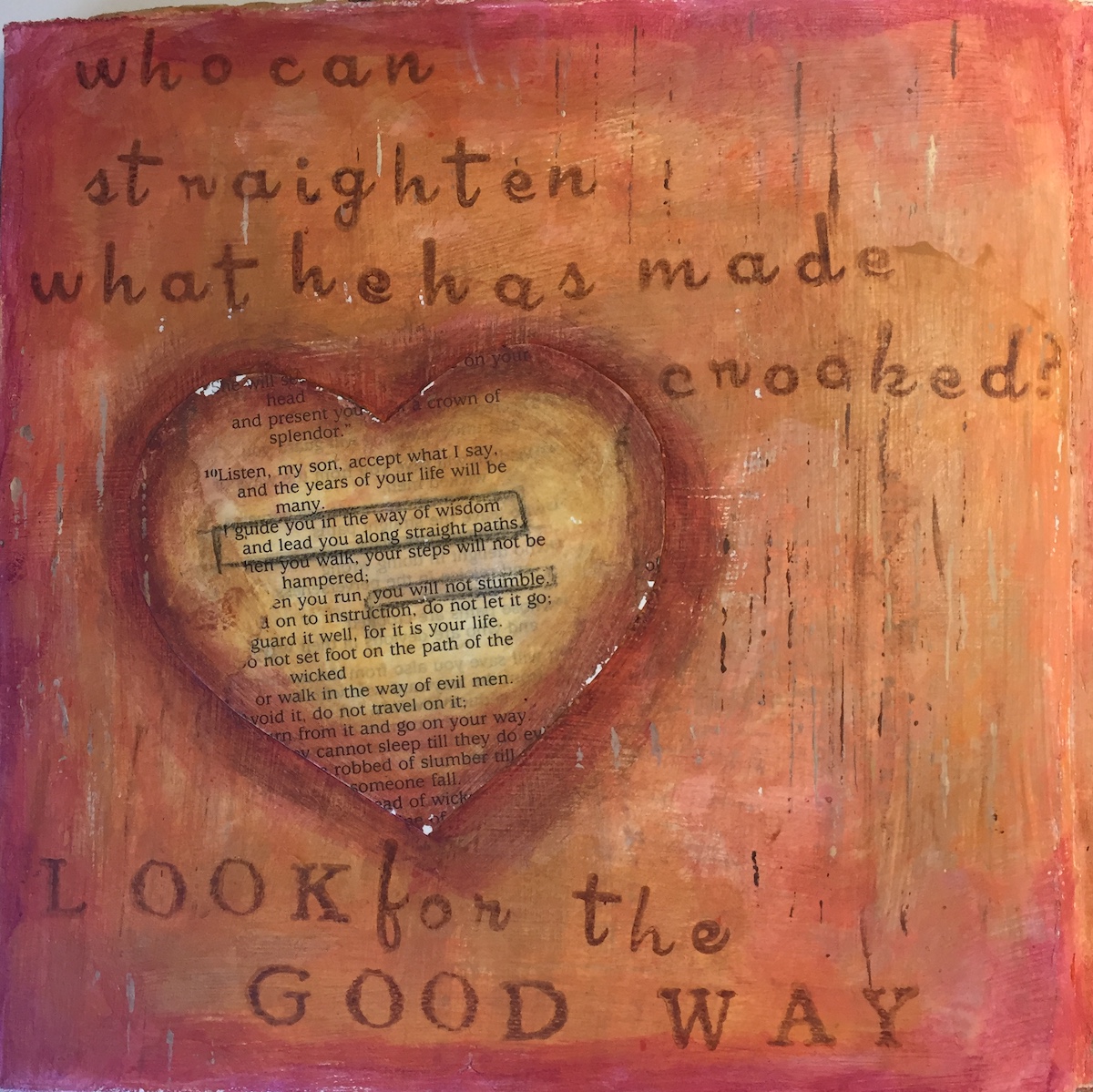
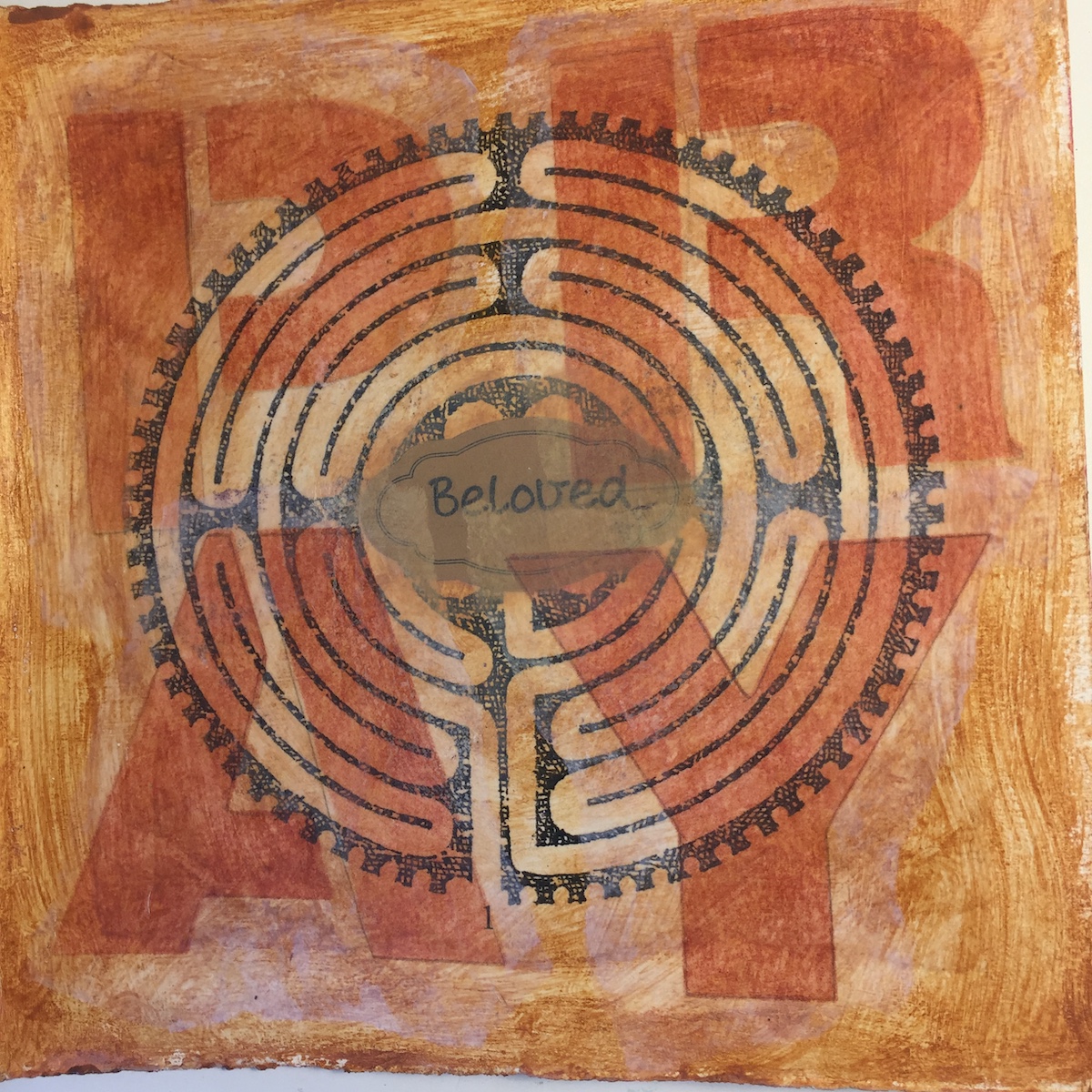
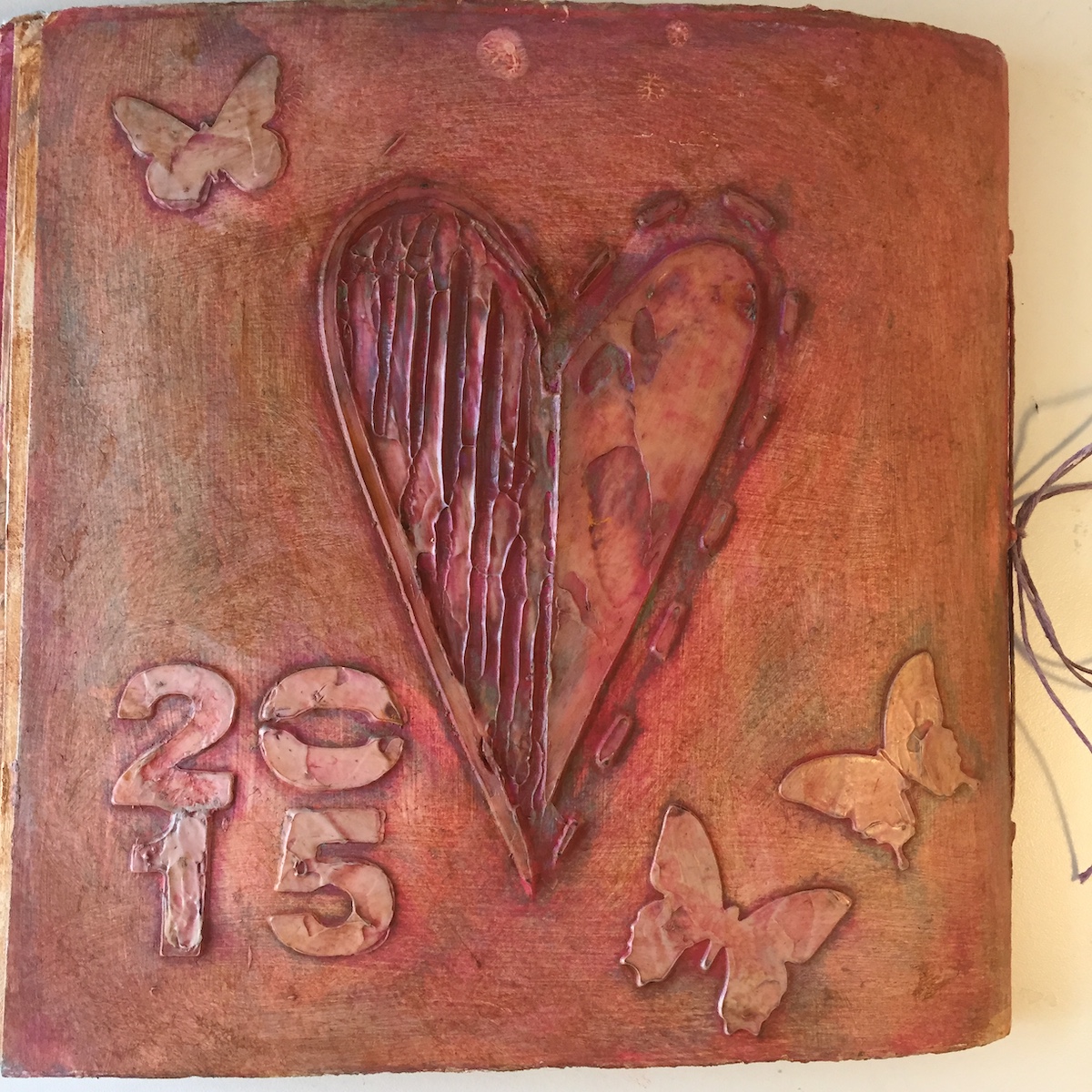
I believe that no matter how we fast, or the particular sacrifices we offer during Lent, we are showing God we mean business. Maybe this is an odd or quirky thing with me, but when I am fasting I can resist all sorts of food without much of a struggle. I can push myself to keep on working on a project because I made a promise, not to myself, but to God. When I long for a bite of brownie during Lent, all I have to do is think about the cross, or Jesus in the desert.
During this season, I work to make bad habits into better habits. It is the season when we can participate to a small degree in suffering and remind ourselves about the great purpose of the cross.
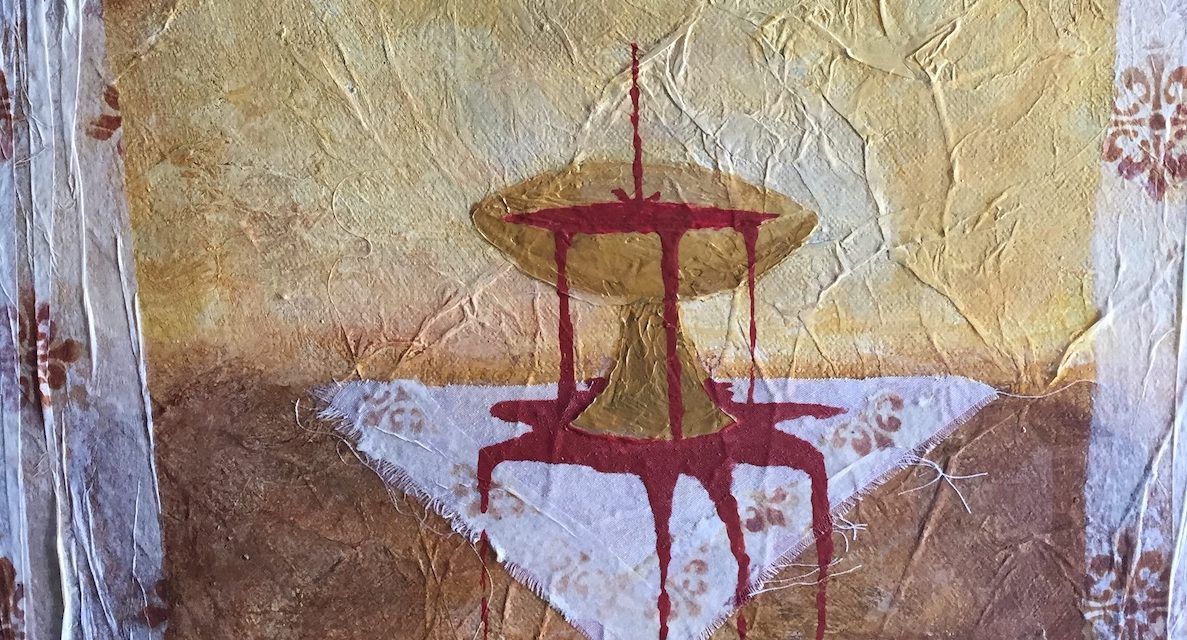
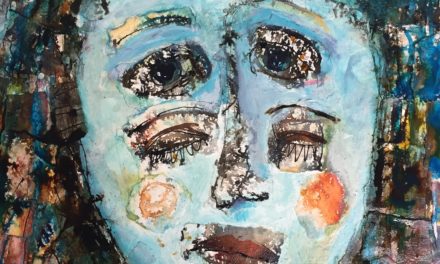
![A [not so] Hidden Aspect of Creative Practice](https://whisperingtruth.com/wp-content/uploads/2020/04/finished-440x264.jpg)
